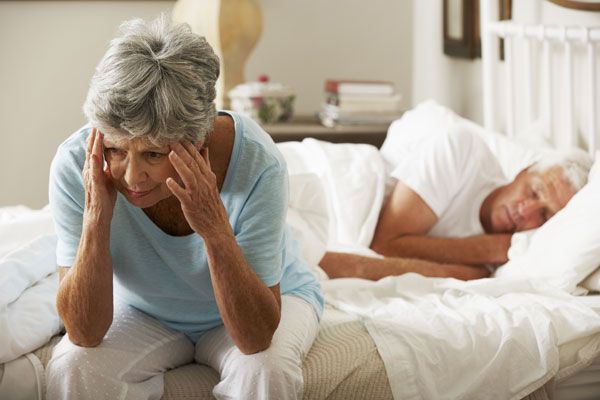How to Address Poor Sleep Habits in Seniors
Getting enough sleep is important to our overall well-being especially as seniors. However, there are some sleep changes that should not be overlooked. For example, waking up throughout the night, waking up early and feeling exhausted is not normal at any age.
Below are some common causes of poor sleep habits in seniors and how to address them:
Lack of exercise.
Not getting enough exercise can keep you awake. When you exercise on a regular basis it helps get your heart rate up and in turn, improves sleep.
Not Enough Socializing
It’s important to interact with family and friends. Rather than staying home every day doing nothing (if you’re retired), go out, be social, or volunteer in your community. It will help get your body ready for a good night’s sleep.
Lack of Sunlight
Sunlight does a body good. It helps the body maintain melatonin levels and your sleep-wake cycles so that you can get the sleep you need. Whenever possible, try to get at least two hours of sunlight every day or use a light therapy box.
Sleep Habits and Environment
Avoid watching TV until you fall asleep, consuming alcohol before going to bed, sleeping at odd hours of the day. To get a good night’s sleep, ensure your room’s temperature is comfortable, dark, free of noise, and having a regular time to go to bed is conducive to addressing poor sleep habits.
Medical Conditions
Constantly having to urinate during the night can wreak havoc on your sleep time. Even conditions where you experience pain or have heart problems, diabetes, or other medical conditions can interfere with your sleep as well. For such conditions, it best if you talk to your doctor to help with these issues.
While sleep changes can occur at any age, poor sleep habits as a senior are not something you should ignore especially if there is some underlying medical condition. If the latter is the case, be sure to let your doctor know so that he or she can best advise what steps you should take to get a good night’s sleep.












